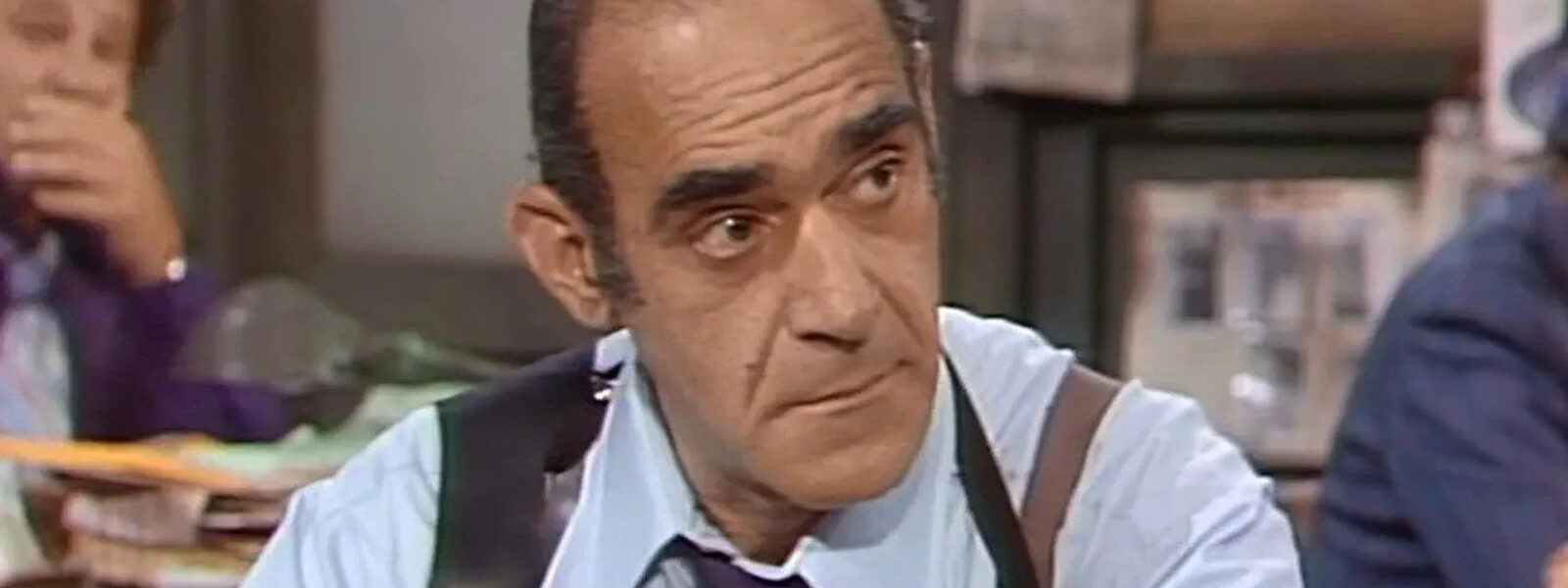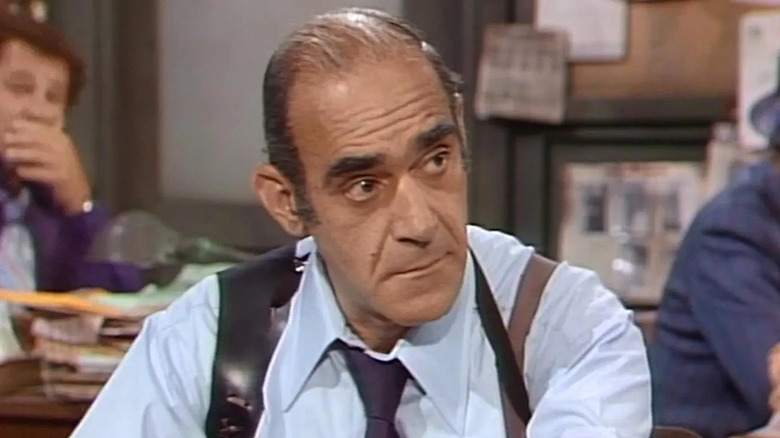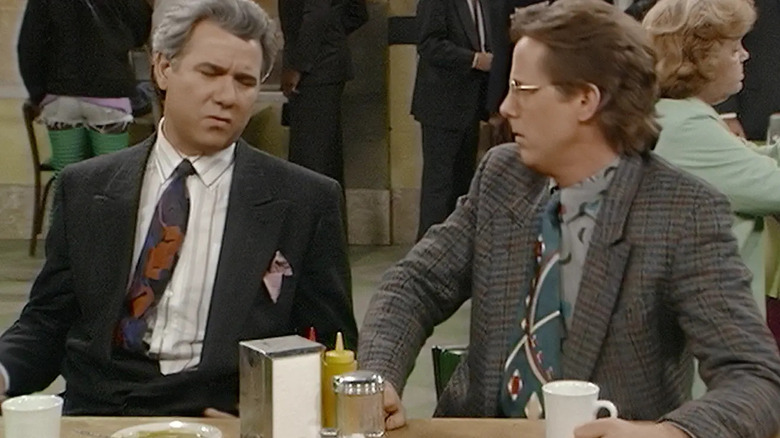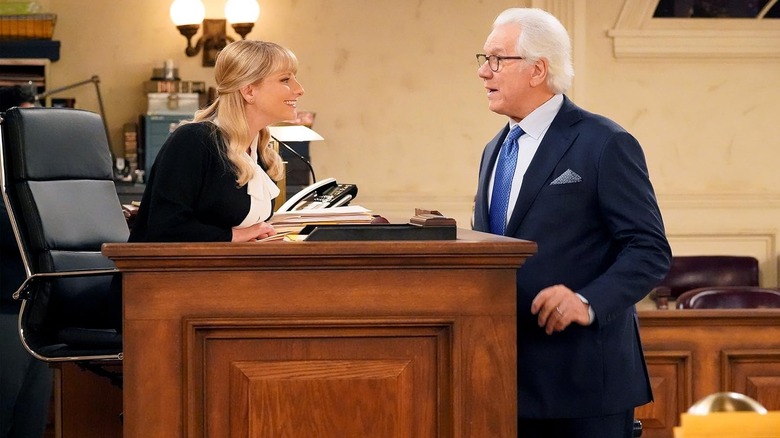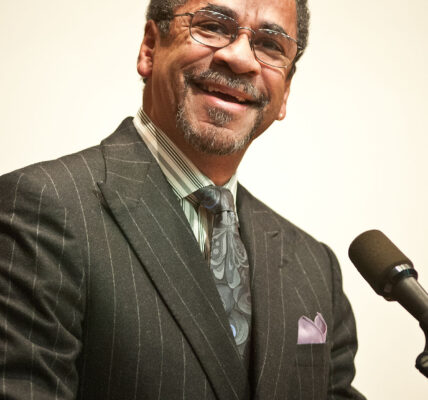TV sitcoms and dramas tend to take place in similar and familiar contexts. There is no shortage of shows that take place in hospitals, police stations and audience rooms (leaving aside other discreet programs that are family -friendly and therefore take place in someone), and not only among the current television series. But for a very long time, it was much more traditional than, let’s say, a cop show should be a drama; How does a show on people who stop criminals and try to court for the crimes that have been committed to be funny? To be fair, this question is again relevant recently and is directly linked to Why “Brooklyn nine-nine” called it one day in 2021.
For a long time, something similar could be said audience emissions for the same reasons. Can you really make jokes about a series that revolves around the trial of accused criminals? It may therefore be a revolutionary comedy which takes place in one of these non-moving parameters has led to another revolutionary comedy in another of these parameters. Namely: the sitcom NBC of the mid -1980s “Night Court” has always been a moderate success and a delightfully completed spectacle which managed to be funny while being legal, and it could only exist thanks to another Loopy show in its own right: ABC winning cop “Barney Miller”.
Barney Miller (and an unhappy sitcom) led to the night courtyard
“Barney Miller”, created by Danny Arnold, centered on the cops and detectives from the 12th New York Police Service district located in Greenwich Village. Seeing that almost every episode of the eight seasons of the show took place in the borders of the enclosure team room (similar to the way in which subsequent series like “Cheers” would define whole episodes, including its first Season, in the titular bar) ,,, the show focused as much on people working the pace as on the strange exciting at random they dragged for treatment. Fans of more modern comedies like “Brooklyn Nine-Nine” would feel at home with “Barney Miller”, even if this last show was a little more anchored.
In the era of a few channels, “Barney Miller” was a solidly interpreted series for ABC, despite never being the biggest spectacle of the network. Seeing that it was created 50 years ago, it looks like a fascinating overview in a totally different era, and it is not surprising that A large part of the distribution “Barney Miller” has since died. (Not so long ago that the favorite genre Ron Glass is deadFor example.) The series was sufficiently popular to inspire a spin-off, “Fish”, about the eponymous detective described by the Vigoda Abe Abe. Thus, of course, the idea that one of his writers, Reinhold Wege, would try to transform the success of the show to create something on its own meaning.
The timing being what it is, Wege would not make “Night Court” field until the conclusion of “Barney Miller” in 1982. Before the end of this series, he had actually tried to create another series, The bad Fated CBS Sitcom “Park Place”, with the character actor Harold Gould as a leader. Although you may not have heard of this series, given that it only broadcast four episodes in the spring of 1981, the general premise could well seem familiar. “Park Place”, despite the name of Tony, took place in a legal clinic in New York, balancing between the idealist lawyers who worked there, their sage chief and the wacky customers they should face. In some respects, it seems that the reverse of “Night Court”, which would also focus on eccentric people who would face a judgment by Mel Torme judge and magic, Harry Stone (Harry Anderson).
Night Court ended up becoming bigger than Barney Miller in several ways
Although “Night Court” was never the biggest NBC sitcom in the 1980s, it had the advantage of playing behind “Cheers” for a certain number of seasons; Fans of this show undoubtedly recognized Anderson of his recurring role of Harry the Hat, a charming crook who frequently deceives the Barflies and Sam Malone.
“Night Court” was perhaps not such an unstoppable force, but it ended up being a little larger than “Barney Miller” in a few key manners. While “Barney Miller” has won the best series of Emmy comedies for its last season and “Night Court” was never nominated, the latter series marked actor John Larroquette Four Emmy consecutive for the best support actor , to the point where he literally deleted his happy name after the fourth victory. Likewise, “Night Court” took place for nine seasons and nearly 200 episodes – exploits that “Barney Miller” could not be in the lead.
In its own way, the show is a product of its time (after having concluded in 1992), with the casting of “night short” having been sadly deceased sinceAnderson included. (He is just as sad as Wege, who died in 2012, never created another series of notes after leaving “Night Court” once his sixth season.) Not so long ago, NBC returned to Wells to revive “Night Court” in the 2020. The series in a row is now in her third season, with Melissa Rauch of the reputation of “The Big Bang Theory” with the daughter and the Stone Larroquette taking up her role as loutish dan Fielding. Although the renewal of the show went well compared to the other restarts of Modern Sitcom, it should be reminded that this series and its predecessor can only exist because “Barney Miller” has established a model for its existence it 50 years ago.
